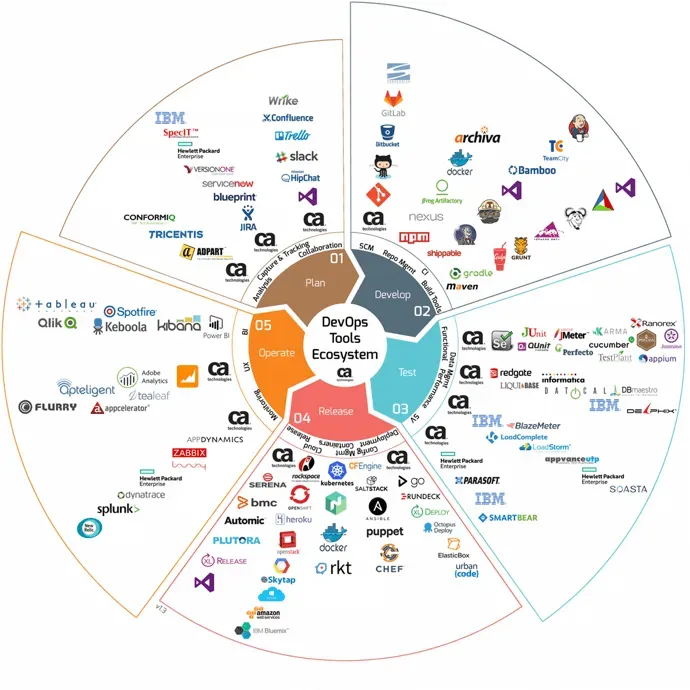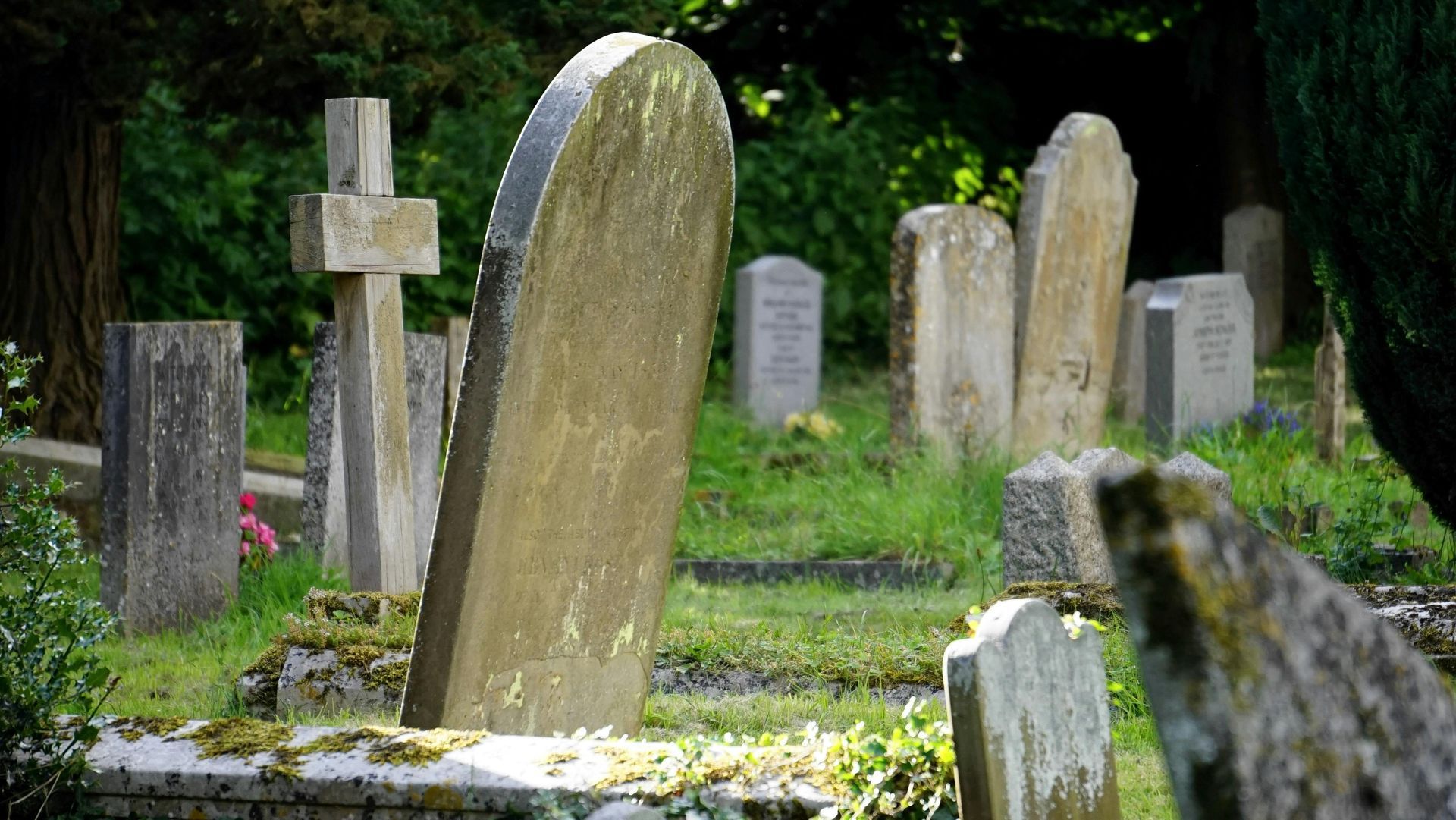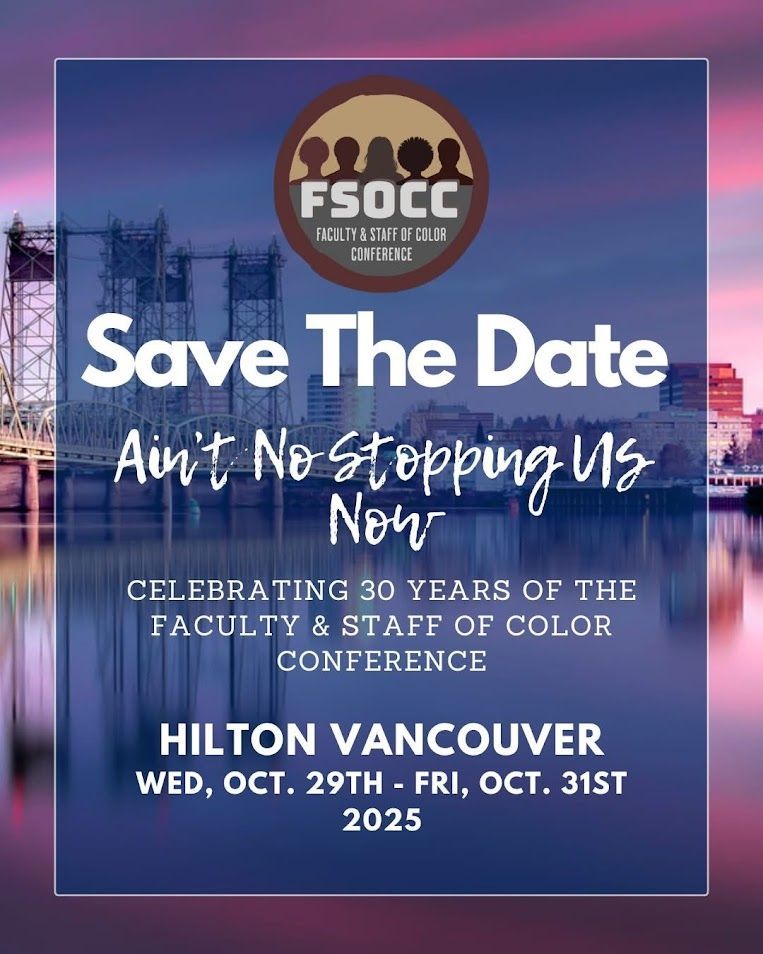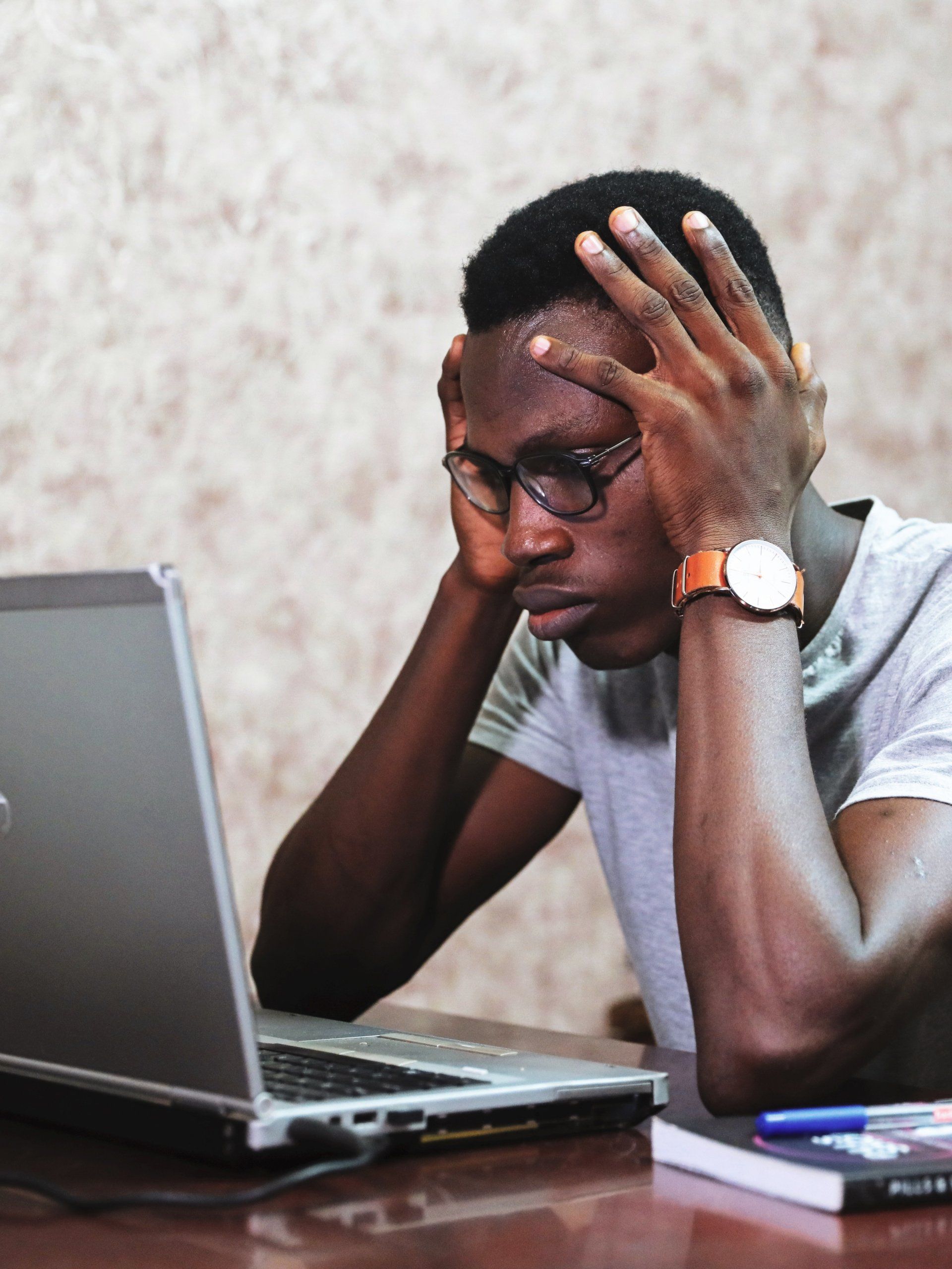The Complex Dynamics of Reluctance to Speak Up: African Americans and Mistreatment
Why Black folks don't speak up in defense of mistreatment
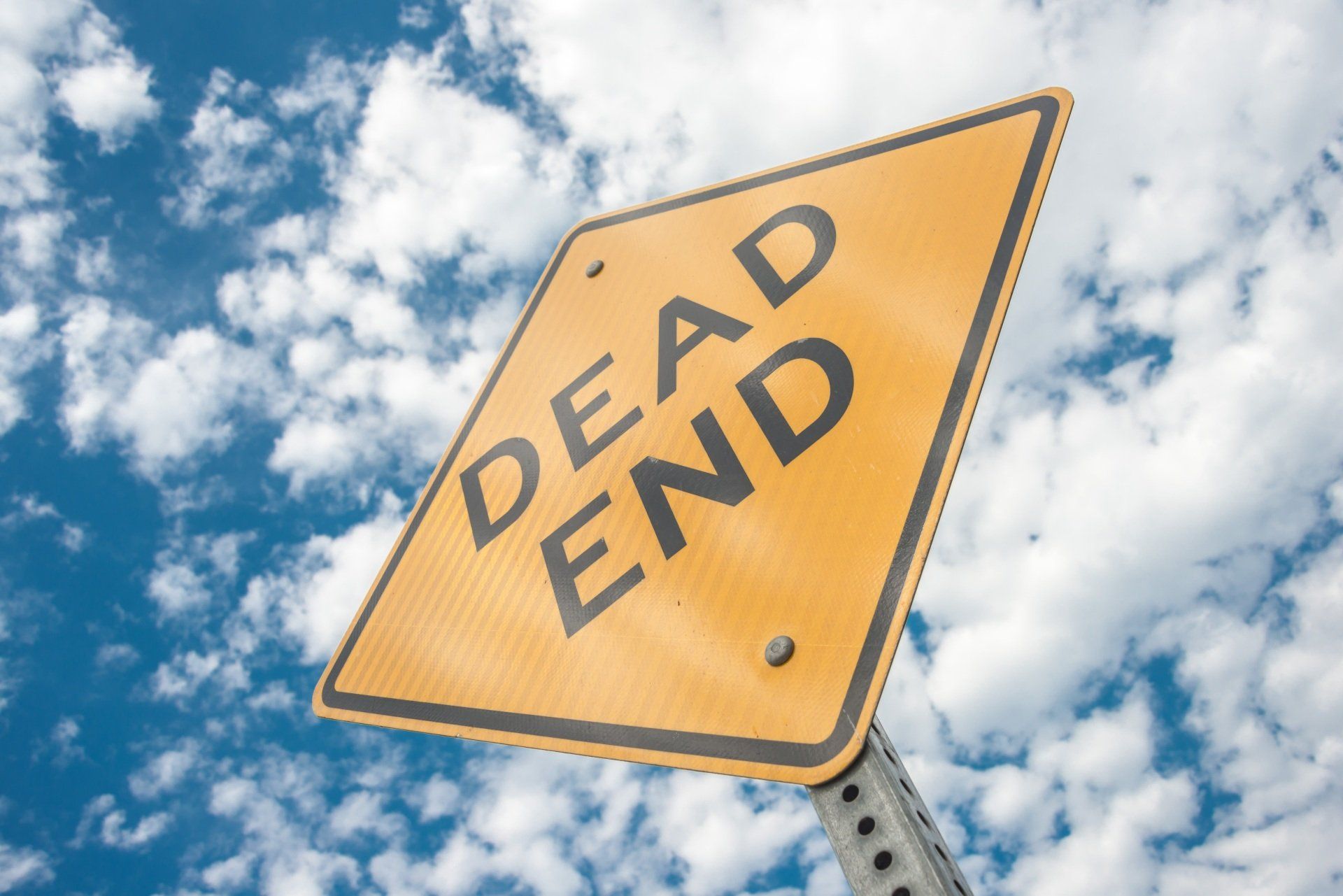
Introduction
The issue of African Americans being reluctant to speak up when their fellow community members are mistreated is a multifaceted and deeply rooted phenomenon. This reluctance is not indicative of a lack of concern or solidarity within the African American community; rather, it is influenced by a combination of historical, sociocultural, and psychological factors. This article explores some of the key reasons behind this reluctance and cites studies that shed light on this complex issue.
1. Fear of Retaliation
One significant factor contributing to the reluctance to speak up is the fear of retaliation. African Americans have a long history of facing consequences when they have challenged systemic racism or spoken out against injustice. Research, such as a study conducted by the Pew Research Center in 2016, highlights that African Americans are more likely to experience negative consequences like job loss or harassment when they advocate for their rights.
2. Perceived Ineffectiveness
Some African Americans may feel that speaking up will be ineffective in bringing about meaningful change. The perception that their voices will not be heard or that their efforts will be in vain can discourage them from taking action. Studies, such as one published in the Journal of Black Studies in 2014, suggest that African Americans often perceive a lack of responsiveness from institutions and authorities, which can deter them from speaking out.
3. Concerns about Stereotyping
African Americans also grapple with concerns about reinforcing negative stereotypes. They may worry that speaking up will inadvertently perpetuate harmful stereotypes about their community, making it even more challenging to combat discrimination and bias. A study published in Social Psychology Quarterly in 2018 found that African Americans may avoid drawing attention to negative aspects of their community to protect their collective identity.
4. Internalized Racism
Internalized racism, where African Americans unconsciously internalize negative stereotypes and biases about themselves, can play a role in their reluctance to speak up. Research, such as a study in the Journal of Counseling Psychology in 2013, has shown that internalized racism can lead to feelings of powerlessness and low self-esteem, making it difficult for individuals to advocate for themselves or others.
5. Political and Social Polarization
In recent years, the political and social polarization in the United States has intensified, making it more challenging for African Americans to speak up without facing backlash or hostility. A study published in the journal Public Opinion Quarterly in 2018 demonstrates how polarization can affect public discourse, creating an environment where dissenting voices are often met with hostility.
Conclusion
The reluctance of African Americans to speak up when their community members are mistreated is a complex issue with deep historical roots. Factors such as fear of retaliation, perceived ineffectiveness, concerns about reinforcing stereotypes, internalized racism, and a polarized sociopolitical climate all contribute to this phenomenon. Recognizing and addressing these challenges is crucial to creating a more inclusive and just society where all voices can be heard and valued. Additionally, ongoing research and open dialogues are essential to better understand and mitigate these barriers to advocacy within the African American community.


